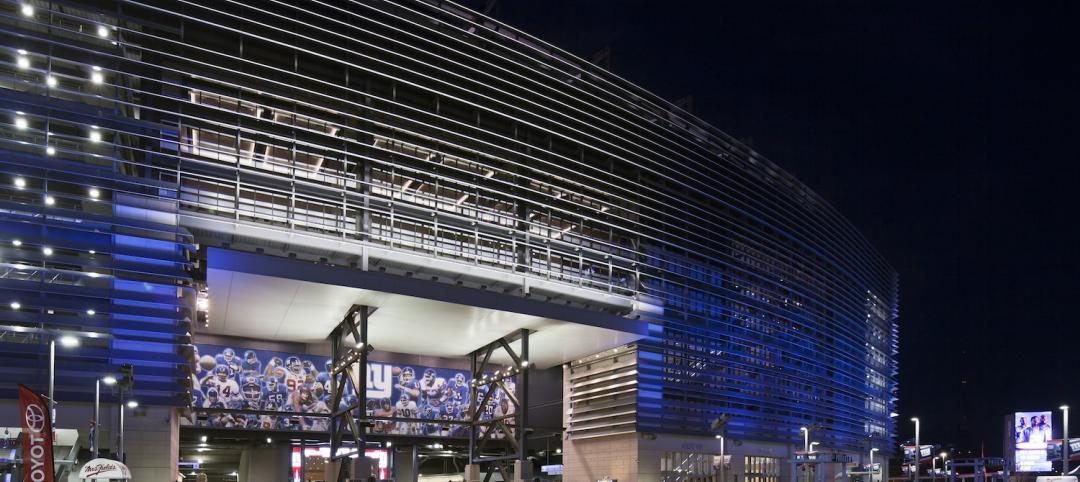In June, the U.S. Justice Department made headlines when it became the first federal agency to mandate implicit bias training for its employees. In the coming months, more than 23,000 agents from the ATF, DEA, FBI, and U.S. Marshals Service, and some 5,800 prosecutors, will receive the science-based coaching.
The goal is to better understand the “hidden,” or unconscious, characterizations and stereotypes—particularly pertaining to gender, nationality, social class, and race—that unknowingly affect agents’ decisions and actions in law enforcement situations. The Justice Dept. wants its employees to become more aware of their subconscious prejudices and learn how to shun them altogether.
Skeptics view the move as a knee-jerk reaction to the headline-grabbing, riot-sparking police shootings in Baton Rouge, La., Chicago, Cleveland, Ferguson, Mo., and North Charleston, S.C. But Justice Dept. officials cite successful implicit bias training programs at the local law enforcement level—in Baltimore, Los Angeles, New Orleans, New York City, and Seattle, to name a few—as the impetus for the directive.
“This program has been so well-received by our state and local counterparts, we thought it was something we should be offering to our federal agents, frankly, to get our own house in order,” Deputy Attorney General Sally Yates told Reuters.
Before writing off implicit bias education as the 21st century’s version of sensitivity training, consider this: Some of the world’s largest and most progressive companies—including Coca-Cola, Facebook, and Google—have implemented formal unconscious bias training programs. And other corporate and tech giants—Apple and Intel included—have invested heavily in diversity and inclusion initiatives.
These companies are tapping into the latest research in psychology and sociology not only to advance their diversity and inclusion efforts when it comes to hiring, promoting, compensation, and high-performance teaming, but also to gain a better understanding of the tendencies of their employees, colleagues, and customers. In short, they believe diversity and inclusion make good business sense, when done right.
“It’s not enough just to throw people together,” says diversity consultant and author Howard Ross. “People need to learn how to interact with each other appropriately. They need to learn that the more diversity we have, the more work we have to do.”
Ross says implicit bias impacts almost all facets of business: hiring, recruitment, mentoring, performance reviews, supervisory decisions, client service, marketing. It affects how business professionals view their market: what they see and hear, what they don’t see and hear, how they solve problems, how they interpret situations, how they set norms and expectations.
In November, at BD+C’s first annual Women in Design+Construction Conference in Dana Point, Calif., implicit bias expert Sally Jue, of consulting firm Cook Ross, will explore ways that unconscious bias affects the AEC industry, particularly women in the profession. Jue will lead a talk and workshop in which participants will examine their own background and identities so that they can interact more authentically with their employees, colleagues, clients, family, and friends.
For more on the WiD+C Conference, visit: www.BDCnetwork.com/WIDC.
David Barista, Editorial Director
dbarista@sgcmail.com
Related Stories
| Aug 21, 2014
Strategies for providing great customer service
Customers are inherently inefficient and inconvenient to do business with, writes Customer Service Consultant Micah Solomon, in a recent Forbes post. That’s why he believes great customer service depends on understanding this. SPONSORED CONTENT
Sponsored | | Aug 21, 2014
Defining the measure of success when implementing new technologies
Sasha Reed and Chad Dorgan, McCarthy Building Cos.’s Vice President of Quality and Sustainability, discuss the keys to managing innovation within a large construction firm. SPONSORED CONTENT
| Aug 21, 2014
RTKL's parent company Arcadis acquires Callison
The acquisition of Callison, known predominantly for its leadership in retail and mixed-use design, builds on Arcadis’ strong global design and architecture position, currently provided by RTKL.
| Aug 21, 2014
Must See: Detroit's Beaux-Arts parking garage
An opulent Renaissance Revival building in downtown Detroit is being used as a parking garage.
| Aug 20, 2014
WELL Building: The next step in green sports construction
The WELL Building Standard, a new protocol that focuses on human wellness within the built environment, is a particularly good fit for sports facilities, write Skanska's Tom Tingle and Beth Heider.
| Aug 20, 2014
Seattle's King Street Station thoughtfully restored [2014 Reconstruction Awards]
After years of neglect and botched renovations, King Street Station sparkles once again.
| Aug 20, 2014
Tour an office with no assigned workstations [slideshow]
The New York office of the Gerson Lehrman Group recently redesigned its office without personal desks or cubicles. The company gave each of its 250 employees a locker, a laptop, and told to work anywhere they wanted, according to Business Insider.
| Aug 20, 2014
Architecture Billings Index reaches highest mark since 2007
The American Institute of Architects reported the July ABI score was 55.8, up noticeably from a mark of 53.5 in June.
| Aug 19, 2014
Goettsch Partners unveils design for mega mixed-use development in Shenzhen [slideshow]
The overall design concept is of a complex of textured buildings that would differentiate from the surrounding blue-glass buildings of Shenzhen.
| Aug 19, 2014
HOK to acquire 360 Architecture
Expected to be finalized by the end of October, the acquisition of 360 Architecture will provide immediate benefits to both firms’ clients worldwide as HOK re-enters the sports and entertainment market.
















